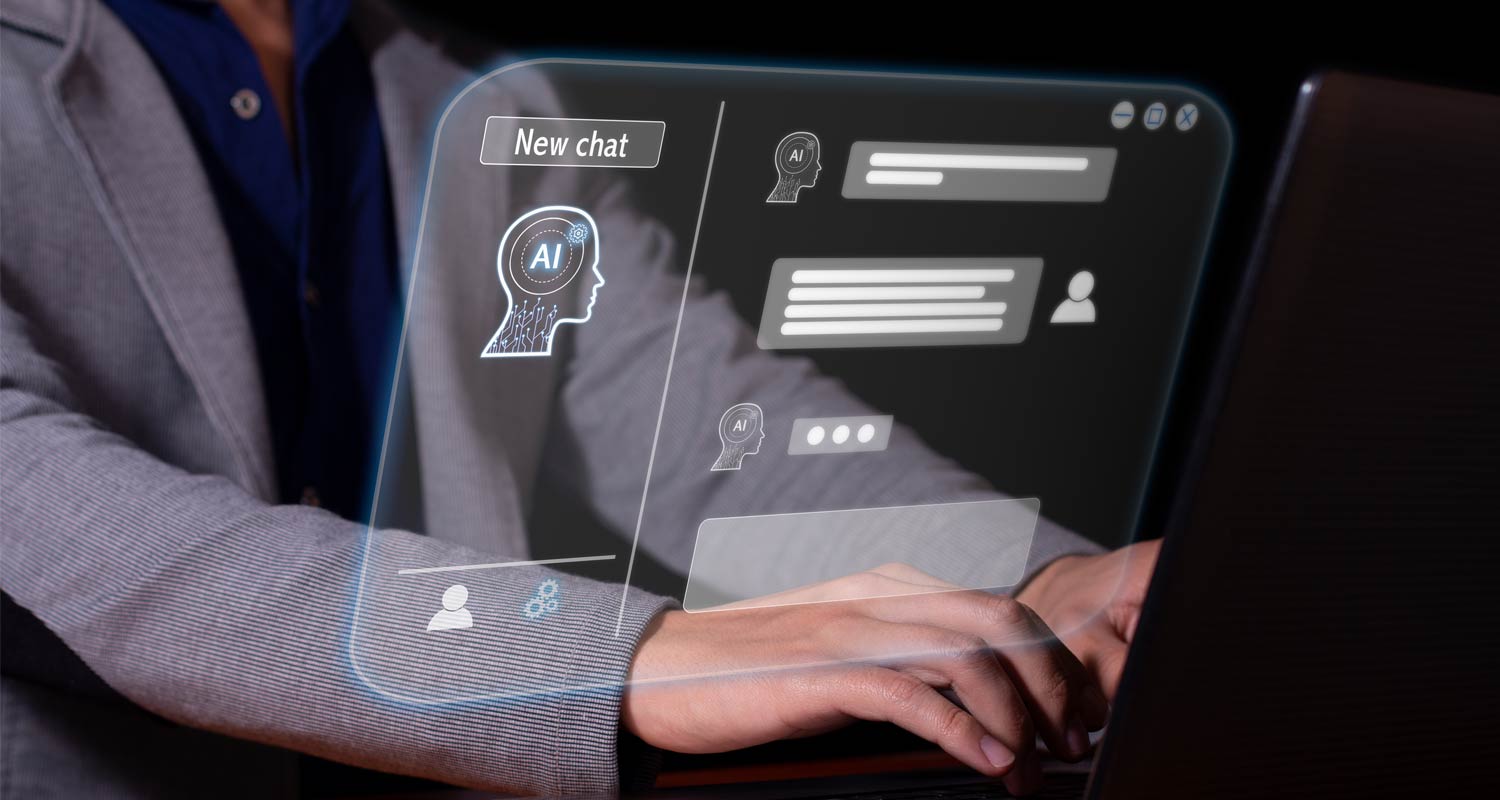Corporate South Africa dips its toes into the AI waters - TechCentral
Early adopters of generative AI in South Africa are seeing the benefits of using the technology in their organisations, according to Microsoft South Africa MD Kalane Rampai.

Speaking to TechCentral in a recent interview, Rampai gave examples of South African firms that have started using the Microsoft generative AI toolset, and what they are doing with the technology.
Interestingly, adoption is being driven more at the departmental level rather than coming strictly from the IT function.
“We’ve seen a lot of good benefits that the early adopters are reporting to us, especially in terms of unlocking productivity,” said Rampai. “There are many examples of how empowering the technology has been, not only to the organisations that are using it, but the ultimate beneficiaries of their services.”
Examples of AI early adopters cited to TechCentral by Rampai include legal assistance innovators Legal Interact, software development house Derivco and retailer Spar Group.
Legal Interact uses natural language processing tools to give legal advice to small and medium businesses. The company also has a separate application to assist victims of gender-based violence with the legal aspects of their ordeal.
“Without generative AI they would not have a service, because the victim must be able to use the technology using natural language,” said Rampai.
Financial impactDerivco utilises Microsoft’s AI tools to automate minute-taking and memo creation. The company has said it has saved 30% of total working time, which has been redirected to more important tasks, according to Rampai. Spar is reported to have saved 715 man hours/year by using AI tools.
“The impact of Microsoft 365 Copilot on Spar’s operations has been significant,” said Ilana Baragwanath, modern work product and go-to-market leader at Spar, in a statement. “We have not only been able to enhance our productivity but have also empowered our workforce to pave the way for a more efficient and technologically advanced retail environment.”
But a productivity boost is not the only benefit of using AI tools, as some early adopters are reporting significant financial gains as well. Procter & Gamble has said it has saved just over US$1-billion/year from using AI to optimise its supply chain and build better forecasting tools, according to Rampai.
Read: AI is the biggest thing since the cloud: Amazon CEO“The numbers in some cases are staggering, but research that we (Microsoft) did with EY shows that the average increase in revenue [of AI adoption] is about 9%,” he said.
AI technology is also proving to have a broad reach within organisations, with different functions finding different uses for the technology depending on the problems they need to solve. Microsoft’s Copilot – which now comes in four different flavours, including one for the Microsoft 365 office product suite, another for audiences with a financial specialisation and a third for the Bing browser – was originally a GitHub tool to help developers produce code faster.
The coding functionality that comes with Copilot, said Rampai, has helped decrease the cost of development by removing repetitive tasks and freeing developers to focus on the most rewarding aspects of their work. Microsoft has claimed that its research shows that developers who use Copilot are 55% more productive than they were prior to adopting it.
Another benefit Rampai notes is that non-technical audiences can now interact with code – and even build applications – without having deep technical expertise because they can use natural language to prompt the AI into action. “People don’t need a deep understanding of AI for it to be useful to them,” he said.
According to Rampai, unlike prior technological revolutions where companies would have to use elaborate change management strategies and programmes to convince the workforce to adopt a new technology, the generative AI wave is driven by the workforce itself, with employees curious to see how they can use the tools to solve problems in their day-to-day routines.
Read: Microsoft flexes its AI musclesBut even though natural language processing tools have bridged the gap between cutting-edge technology and the lay audiences who want to use them, many South Africans are still unable to access AI-driven tools because they speak a language other than English. According to Rampai, a South African start-up called Lelapa AI is using Microsoft technologies to build large language models for indigenous South African languages to help expand AI’s reach in the country.
Google, AWSOf course, Microsoft is not the only player in AI, though the company does have a head-start due to its multibillion-dollar investment in OpenAI, the developer of ChatGPT.
Google’s AI offering includes Gemini – a direct competitor to Microsoft’s Copilot. Also in the mix are Google AI Studio, Project IDX and Studio Bot – all tools to help developers use generative AI to build applications faster.
The Google Cloud platform has its own integrated version of Gemini, with Vertex AI as the developer productivity support tool for building cloud applications using generative AI.
Amazon Web Services’ answer to Microsoft’s Copilot and Google’s Gemini is Amazon Q. AWS also offers pre-trained AI models for computer vision, automated data extraction, language processing and AI-based coding as part of it cloud computing suite. – © 2024 NewsCentral Media
Get breaking news alerts from TechCentral on WhatsApp








































